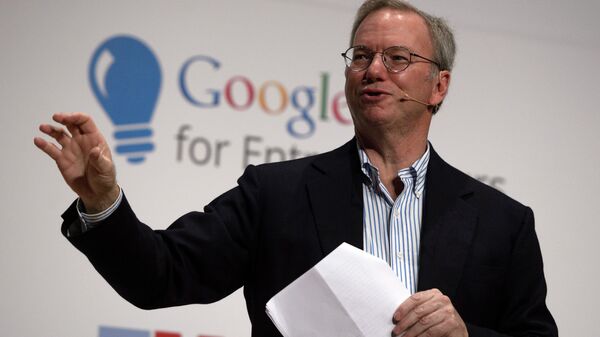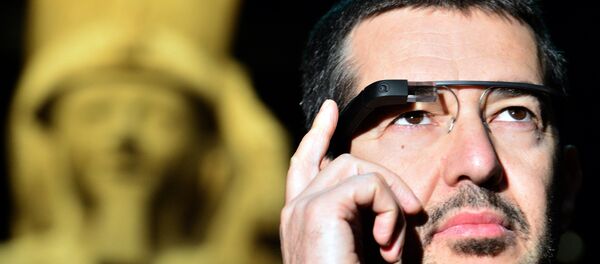When asked about his views on the future evolution of the web, the Google Chairman stated that he would "answer very simply that the internet will disappear." Schmidt explained "there will be so many IP addresses…so many devices, sensors, things you are wearing, things that you are interacting with that you won't even sense it; it will be part of your presence all the time."
"Imagine you walk into a room, and the room is dynamic. And with your permission and all of that, you are interacting with the things going on in the room. A highly personalized, highly interactive and very, very interesting world emerges," he noted.
Schmidt was speaking at a panel dubbed "The Future of the Digital Economy," along with top executives from Vodafone, Facebook, and Microsoft.
Privacy Concerns
"Privacy as we knew it in the past is no longer feasible…How we conventionally think of privacy is dead," Harvard University computer science professor Margo Seltzer was quoted by AFP as saying at a separate panel. Addressing the possibility of the development of an omnipresent surveillance system, Harvard genetics researcher Sophia Roosth noted that "it's not whether this is going to happen, it's already happening…We live in a surveillance state today." Roosth added that violations of privacy are only "going to become more pervasive" as time goes on, and that humanity already stands "at the dawn of the age of genetic McCarthyism." She pointed to the real and potential use of a variety of materials to collect genetic information on everyone from world leaders to ordinary citizens.
Some panelists appear to have accepted the move toward a world with little personal privacy. Tech entrepreneur Anthony Goldbloom noted at a panel on artificial intelligence that "I trade my privacy for the convenience. Privacy is not something that worries me." Goldbloom added that "anyway, people often behave better when they have the sense that their actions are being watched."
Human Rights Watch director Kenneth Roth noted that we have already effectively made our telephone and computer data available to the government, but that the kind of world Schmidt is talking about might leave us with no privacy refuge at all. "Now what happens when that goes into your home? If you have a robot in your home, you lose the privacy even in your own home," Roth noted. "We don't want to get rid of technology, but we do have to be careful…for some of these technologies, you're much better off keeping the genie in the bottle," AFP quoted him as saying.



